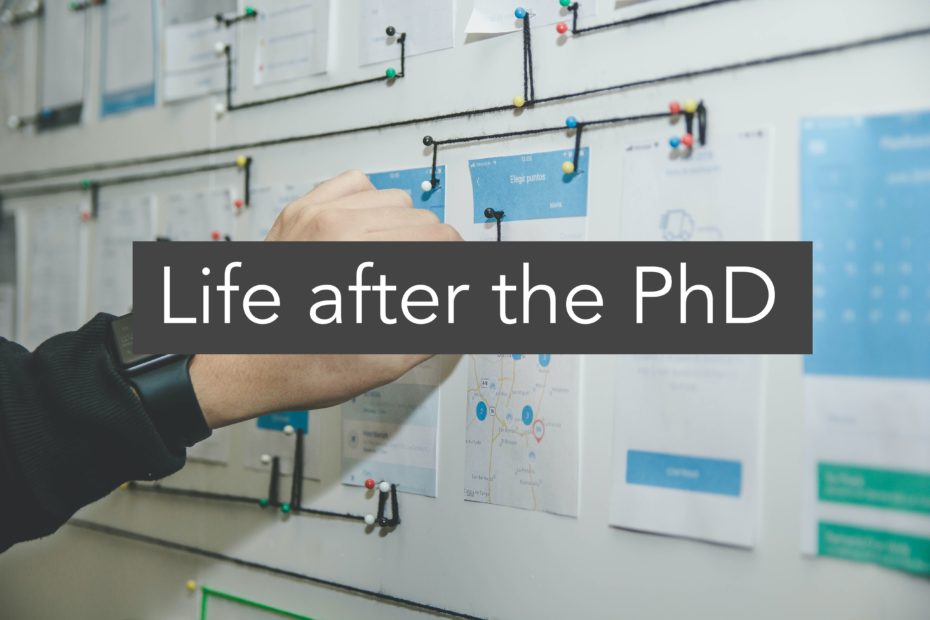Blog post by Dr. Fiona Whelan
When asked to write this blog post, I wanted to reflect on how I made the move into student services, the transferable skills my doctorate provided me, and how I balance the day job with my academic identity. I currently work as an Assistant Director within Students Services, with remit over accessibility and inclusion. If you search for me on the staff directory, that is how you will find me. But if you search for me on Google, you may also discover my other life as a medievalist who continues to research, present and publish on twelfth-century manners and etiquette.
I completed my DPhil at the University of Oxford and thoroughly enjoyed the life of a researcher, but less so the experience of teaching. I was more interested in helping students deal with the external factors that affected their studies than I was in act of teaching. With the academic job market being saturated, coupled with a desire to explore other ‘alternative academic’ careers, I started my journey in student welfare at Oxford before managing a student support unit at a London medical school, and then making the move to St Andrews. My blog Beyond the Doctorate (sadly neglected these days) began as an exploration of the challenges when transitioning out of academia at a time when it felt that few were talking about it. My doctorate has afforded me many transferable skills and benefits in my chosen career: I understand student issues from UG to PGR, I understand the perspective of academics and the demand placed on them, and I know how to undertake thorough research and produce quality outputs, both in print and in presentations. If you look at professional services teams across Higher Education, you will find many with PhDs who are valuable assets. One of the many positive things I have experienced since joining St Andrews is the sense of collaboration and mutual respect between academics and professional services staff. In Higher Education there can be an ‘us and them’ mentality which is a challenge when moving out of academia, that isn’t something I have experienced at St Andrews which has a real sense of collective endeavour.
So what about maintaining an academic identity? I have written about academic identities and academic lives lived outside. It is hard when you start to lose that community you were once part of and it takes more effort to network, to keep those connections going. But it also takes the academic community being open and welcoming to those without academic affiliation. For example, I was welcomed into the Oxford Medieval Diet Group (not a diet group for medievalists I should add!) whose members then helped me to find opportunities. I have been lucky to get two manuscripts published as well as some conference proceedings, along with presenting at a number of conferences. All post-PhD and while I worked outside of academia. All this has led to the conclusion that I enjoy the autonomy to pursue these interests in my own time and at my own pace.
What I think is important to remember is that this is my journey. My post-PhD career been driven by a desire to affect positive change on a more systemic scale than I could have through my teaching. My drive to continue to produce academic research is very individual and I am lucky that I have the time to pursue that. I remain mindful that many others feel forced out of academia or are still awaiting their opportunity, and we need to remain sensitive to that. Nevertheless, I firmly believe that we need to speak more about the rewarding and exciting careers outside of academia and I am delighted to have joined Student Services on this next stage of my career. But if anyone wants to know more about twelfth-century manners and etiquette, or the elusive author known as Daniel of Beccles, please do get in touch!
